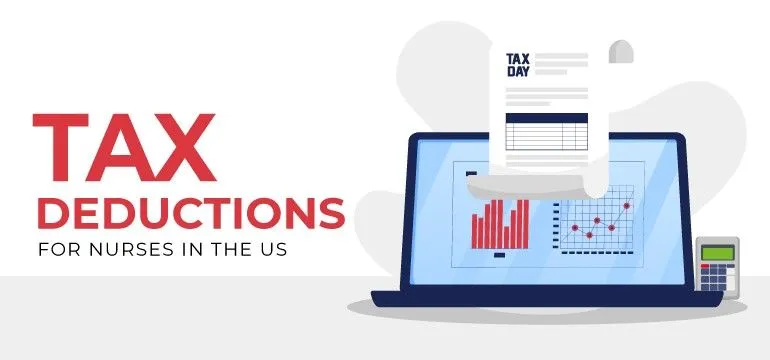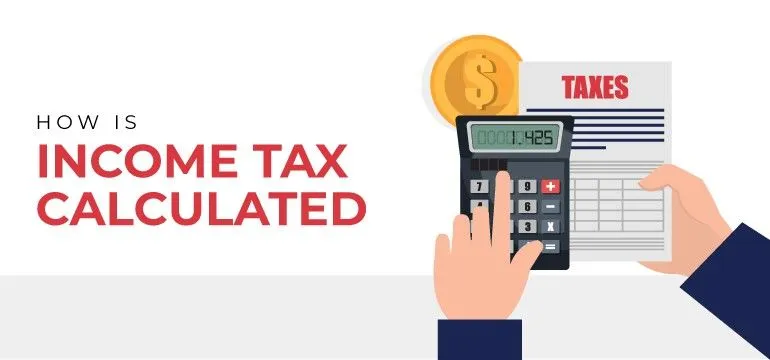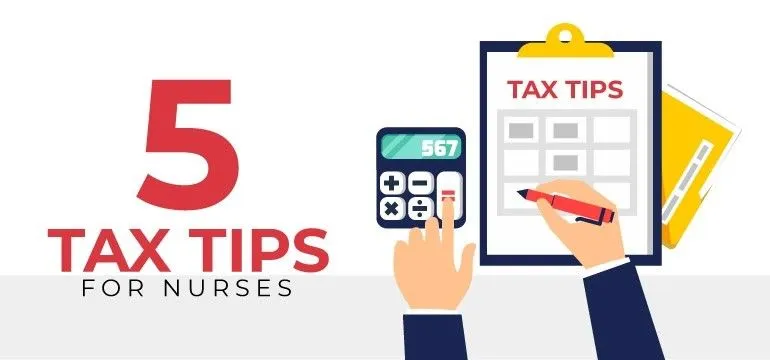
As a nurse, when you are preparing for the tax season, you need to keep in mind that you can jot down expenses that are common for nurses. These expenses are those that are necessary to help you complete your job.
If you are a nurse, health professional or midwife, you will be required to purchase items for your job and pay for them from your own pocket. Generally, these expenses are eligible for tax deduction and are hence claimable when you file your next tax return.
While this may vary for each individual, the items are listed below are classified for tax deductions for nurses. Just ensure, you will be required to provide receipts or relevant documentation for all expenses you desire to claim.
You can claim any cost incurred as membership fees to any relevant nursing body or any dues to a union.
Nursing professional have certain clothing requirements for their job. They generally have to incur uniform expenses. This clothing is not limited to scrubs but also includes protective gear, embroidered scrubs and laundry expenses.
Stationery expenses which encompasses planners, diaries, log books and workbooks.
If you make use of your personal laptop or computer, you can claim the depreciation cost. This will be calculated on the basis of percentage of work related use. Similarly, if you use your mobile phone for any work related calls, you can also claim a percentage of your mobile phone bill.
If you have subscribed to any nursing magazine, journals or book to keep your medical knowledge up to date are also claimable.
You can claim a percentage of the cost incurred as landline or internet expense if you are working from home.

If you are struggling with calculating your income tax and make a living as a midwife, employee nurse or direct carer, this information will be helpful for you to assess what: Income and allowances you need to report
Your employer will be either giving you a payment summary or an income statement that has all the details pertaining to wages, salary, allowances etc. for the fiscal year.
Make sure that you include all the income you have received during the financial year in your return regardless of when you've earned it:
You must take your wages and salary as part of your income in your tax return. Make sure to include any bonuses you have received.
You can include all the allowances that are shown on your income statement or payment summary. This will be your income in the tax returns. You can get an allowance for:
If your employer pays for:
You are eligible for allowances:
These payments do not take the expenses you incur into consideration. Make sure to include these in your tax returns. If you receive any allowance from your employer, you are not subject to deductions, rather it varies from situation to situation.
So what is the actual tax filing mechanism for nurses? In all honesty, it is not different from other professions.
While some people prefer to file their taxes online, other prefer to render the services of a lawyer who specializes in taxation.

If you are a nurse struggling with her/his taxes, here are a few tips that can help you strategically manage them.
As a nurse, you already have a lot on your plate. Thereby, one of the things that you can do to ensure hassle free tax filing is by rendering the service of a tax lawyer. Even if in the past you had no difficulty in filing your taxes, the recent tax reforms can be confusing for most. The benefit of having a taxation professional onboard is actually two fold. Not only they have a staunch understanding of the taxation laws, computing your refunds and tax bills accurately. They will also be able to provide you better guidelines moving forward. In simpler words. They can share advice regarding the steps you can take to reap greater benefits with your future tax filings.
If you are a travel nurse, you will be familiar with the concept of tax home. When it comes to the IRS, your tax home is actually the city or area of your workplace. This may not necessarily be the place you sleep at night. As a travel nurse, you might have homes in various states throughout the year. When you are filing your taxes, you will be required to identify one location that you consider your home. This will allow you to calculate all expenses incurred away from home.
For tax years prior to 2018, travel nurses are supposed to deduct some expenses incurred while they are on assignment away from home. This includes CEUs, incidentals, mileage and meals.
The new tax law does not include employee business expenses, which is likely to have a profound impact on tax refunds and bills. However, your employer is still liable to offer tax free reimbursements later on. The filing for every individual tends to vary. Therefore, it is important to seek the help of a taxation professional.
If you have been on assignments in multiple states within one given tax year, you will be required to take the state income tax laws into consideration. It needs to be noted that not all states have income taxes, therefore you will be required to determine if the states in which you have worked require paperwork or filing.
Further, if you have a permanent residential address for federal tax purposes, ensure that you don't file a part year residency in other states, irrespective of you working in them. While this may sound confusing, it actually is. This is where your tax advisor can help.
Regardless of what the taxation law or your present taxation scenario may be, it is integral for you to keep receipts to justify your reimbursements for seven years. Although the recent tax law has practically removed many itemized deductions that were claimed by nurses before 2018, you are required to show receipts that were used to calculate deduction in the past years.
In the future, try to negotiate the non-taxable reimbursements for meals, travels, license, continuing education requirements, uniforms and other essentials you will need for your assignments. These reimbursements should be part of your employment contract, thus negotiate with your employer when you take a job.
Since you can't deduct these expenses on your own when you file your tax return, ensuring that your nursing contract is lucrative from the start,

Yes, your nursing uniforms are tax deductible as long as it is a job requirement by a client or employment. Moreover, the scrubs should only be used as a work requirement and not for personal wear. For instance, if your employer requires you to wear a collared shirt or jeans, the cost will not be deductible as they can also be used as personal wear. The scrubs you purchase are not your regular everyday wear and therefore the expenses are deductible. To claim the taxes, it is advised to keep a record of all the receipts in order to support any deduction claims while filing returns.
Nursing is one of the most rewarding professions with handsome compensations. The compensation varies from one nurse to another as well as one state to another. Therefore, the exact figure is subjective. On an average, a nurse makes anywhere between 5000-8000 US dollars per month post tax deductions.
Yes, travel nurses are eligible for tax deductions depending on the state that they are or have resided in. Just ensure that you file for every state you have resided in over the past year. The amount you pay depends on a variety of factors including how long you have worked in that state. Moreover, your state may have designated laws relevant to travel nurses.